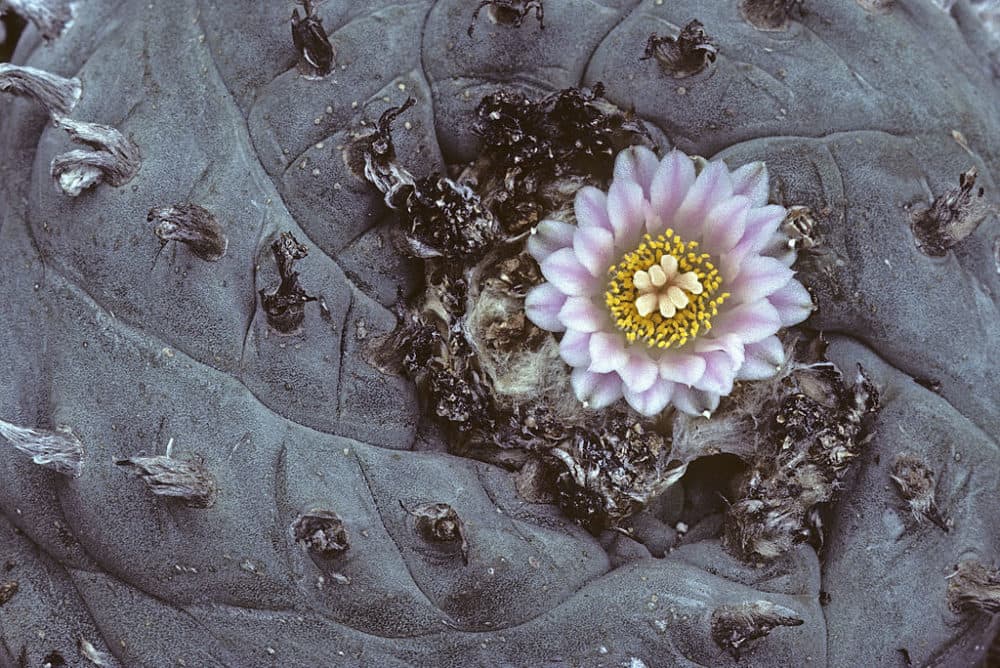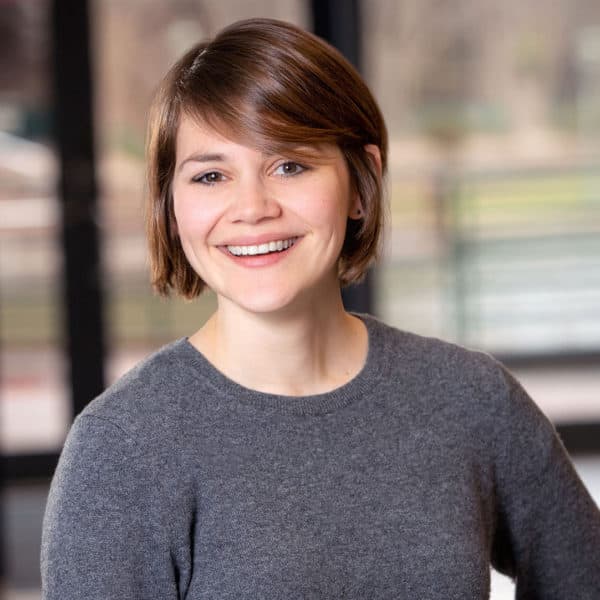Advertisement
'The eyes, the ears of all things': The spiritual power of peyote
Resume
Sign up for the On Point newsletter here.
Listen: Our show on the major resurgence of interest and research in psychedelic drugs.
The Indigenous peoples of the Americas have been using psychedelics for thousands of years. Colonization and extermination ripped away their right to use psychedelics for generations.
On Jan. 1st, the state of Oregon became the first state to allow legal adult use of psilocybin, a.k.a. magic mushrooms. It's only the latest in a big boom in non-medical and investor interest in psychedelics, even though psychedelics remain a Schedule one federal drug.
MEGHNA CHAKRABARTI: There's one group that's been looking on in dismay. The Indigenous peoples of the Americas have been using psychedelics for thousands of years. Colonization and extermination ripped away their right to use psychedelics for generations. Slow change began in the 1970s.
SANDOR IRON ROPE: We were given the American Indian Religious Freedom Act of 1978, 1978. So in 1978, my dad was born in 1928. He passed away in 1977. And he served the United States Army in the Korean conflict. Yet he served the United States Army. He was not free to practice his way of life legally until 1978. Imagine that.
CHAKRABARTI: This is Sandor Iron Rope. He is Lakota and lives in South Dakota. He's the chair of the Native American Church of South Dakota and a founding board member of the Indigenous Peyote Conservation Initiative. Sandor says it took almost 20 more years of advocacy and legal battles for Indigenous peoples to reclaim their right to use the peyote cactus in religious and spiritual ceremonies.
IRON ROPE: And so peyote was given, you know, it was allowed by federal policy In 1994. The amendments to the American Indian Religious Freedom Act of 1994. So when you look at this, this particular it was fought for to be able to utilize it in a way in freedom, the freedom to pray.
CHAKRABARTI: So what does Sandor think about the growing numbers of suburban moms and Silicon Valley tech brothers who are microdosing psilocybin and the investors and researchers who are part of the major resurgence in psychedelics popularity?
IRON ROPE: Peyote is many things. It has many names. ... It is the spiritual cactus, a spiritual herb, a sacrament. It hears, it sees. It's the eyes, the ears of all things. It's your grandma. It's your grandpa. It's everything to many indigenous people. And many indigenous people recognize it as one of the last medicines. You understand that there were a lot of sicknesses that were upon us. And, you know, they brought smallpox. They brought these sicknesses upon us.
And so when these sicknesses come upon us, you know, grandma and grandpa use this body as the healer, you know, And they were all night ceremonies sometimes like for night ceremonies of requesting assistance ... plants to really help heal our people. You have people that want to capitalize on psychedelics by opening up this spiritual portal and not really knowing what's going to happen and these terms that are used, you know, like microdosing ... these terms that come up because of the psychedelic movement or I don't know, they're really unheard of. I mean, okay, how many grams are we going to take?
You know, should we microdose? These babies. ... You know, I look at these researchers and practitioners and they have these credentials, this education behind them, and they're doing research, and there's more research doing here. But I look at them as babies. We've been using this medicine. I've been using this medicine my whole life. What I'd really like to see is the respect for Indigenous people and be the forefront of what is happening here. Because once again the movement is intense, like the colonizers.
And so if we do not want to repeat history and if we want to restore balance, let's start respecting indigenous perspectives. Let's give them a chance to voice them. You know, there are people that practice and use various types of medicines. Let's find out who they are. Let's bring them to the forefront and let's ask them, you know, can we do this? Is there a prior informed consent happening? I doubt it.

